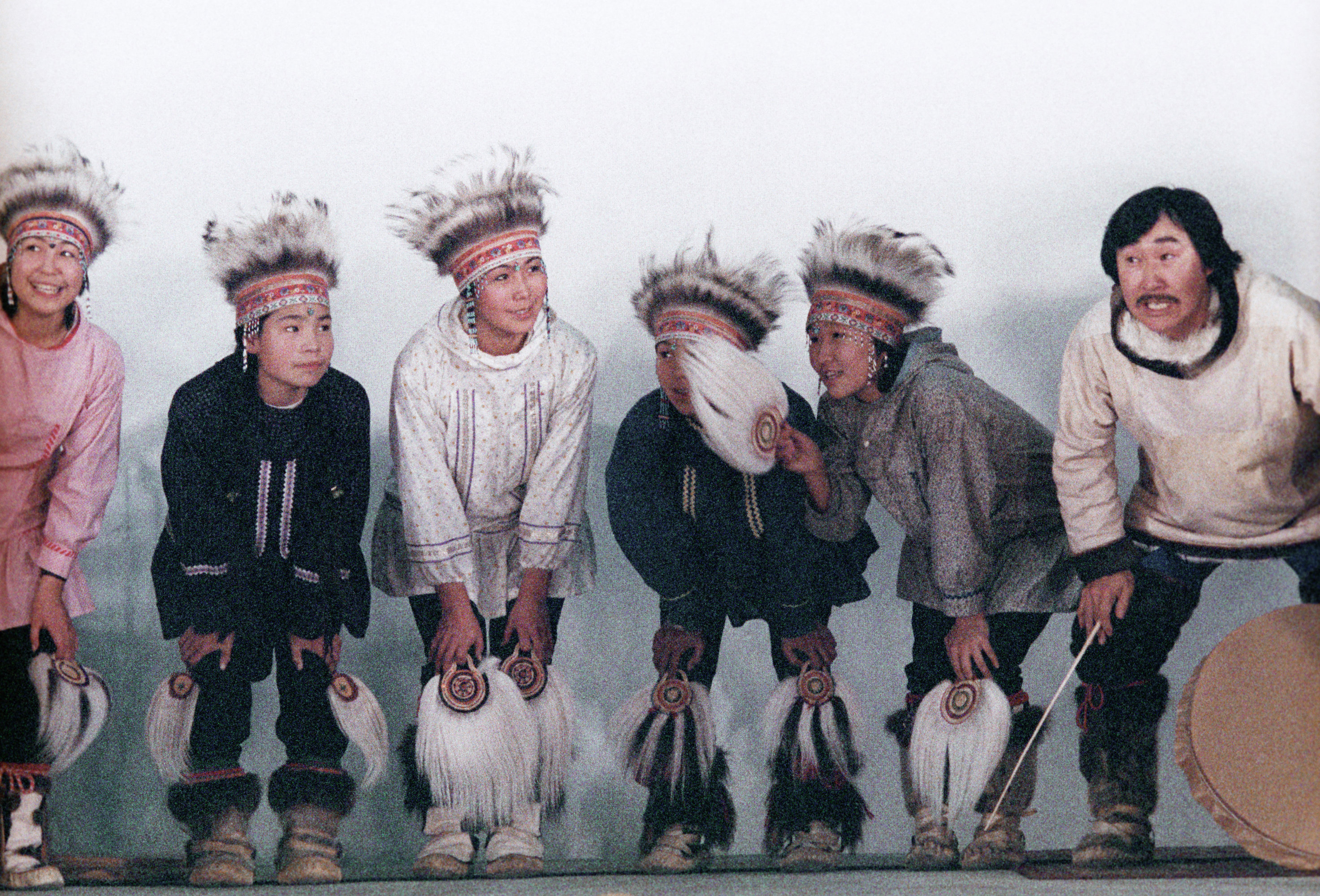MOSCOW, August 9 (RAPSI) - In honor of the August 9 observance of International Day of the World’s Indigenous People, UN human rights chief Navi Pillay issued a statement imploring the international community do more to honor and strengthen treaties with indigenous peoples.
Likewise, UN Secretary-General Ban Ki-moon issued a message urging member states to address the specific needs of indigenous peoples.
In a statement released Wednesday, Pillay explained, “There is a growing commitment by States to fully implement indigenous peoples’ rights, as shown by constitutional, legislative or administrative measures that recognize indigenous identity, rights to lands and resources, culturally appropriate forms of development, as well as programmes to tackle poverty and disadvantage.”
Ban’s message, released Tuesday, stated: “I urge Member States to take concrete steps to address the challenges facing indigenous peoples, especially their marginalization and exclusion, by honouring all commitments and examining what more can be done. Let us work together to strengthen indigenous peoples’ rights and support their aspirations. Let us create a world that values the wealth of human diversity and nurtures the potential it offers.”
Pillay added that treaties should be respected regardless of how much time has passed since their signing, stating: “Even when signed or otherwise agreed more than a century ago, many treaties remain the cornerstone for the protection of the identity, land and customs of indigenous peoples, determining the relationship they have with the State. They are thus of major significance to human rights today.”
Many international standards for the treatment of indigenous people are enshrined in the UN Declaration on the Rights of Indigenous Peoples, which was adopted in 2007. Among other things, the Declaration prohibits the forced removal of indigenous peoples from their lands or territories, and ensures the right of indigenous peoples to practice and revitalize their cultural traditions and customs. According to a UN information sheet, the treaty was adopted by a majority of 144 states, with 11 abstentions, and four votes against the Declaration – including Australia, Canada, New Zealand, and the US.
Ban further drew attention to the sheer size of the world’s indigenous population, stating, “Indigenous peoples represent remarkable diversity — more than 5,000 distinct groups in some 90 countries. They make up more than 5 per cent of the world’s population, some 370 million people. It is important that we strive to strengthen partnerships that will help preserve cultural vigour while facilitating poverty reduction, social inclusion and sustainable development.”



